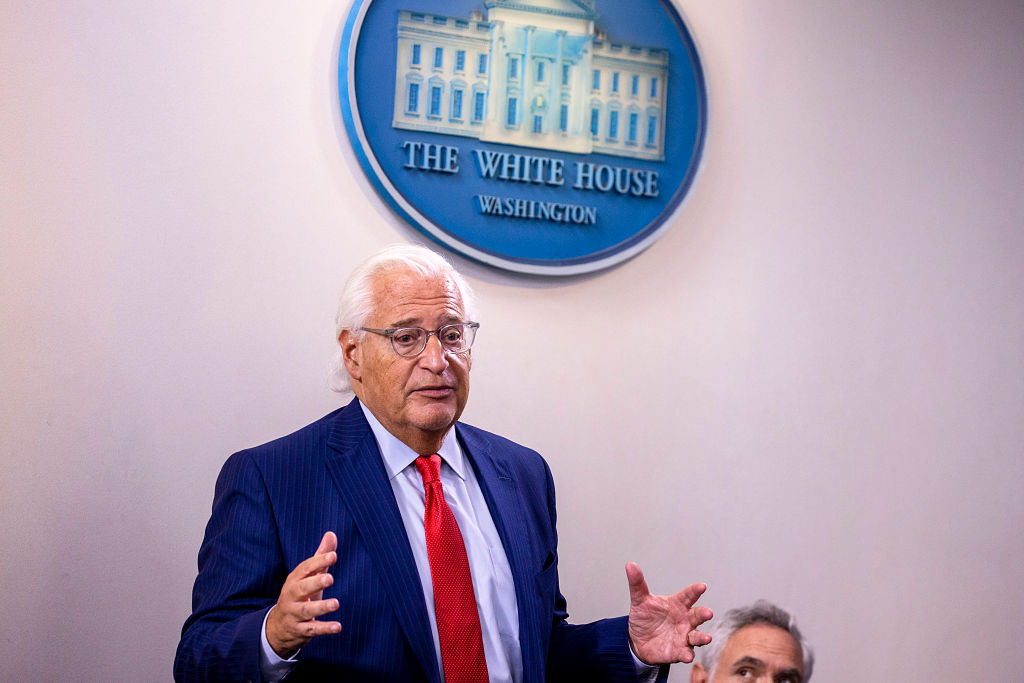This Week’s Guest: David Friedman
When Donald Trump improbably became president in 2016, few knew what his foreign-policy agenda would look like. Having spent little time on such issues during his campaign and having no previous electoral experience, Trump’s inclinations were mysterious. But despite this, it’s clear now, looking back, that some of his administration’s greatest successes were in the Middle East.
This week’s podcast guest, the former U.S. ambassador to Israel David Friedman, was at the center of it all, a story that he tells in a new memoir. In this conversation with Mosaic’s editor Jonathan Silver, Friedman brings listeners inside his tenure, which included the Abraham Accords, the move of the U.S. embassy from Tel Aviv to Jerusalem, and America’s recognition of Israel’s sovereignty over the Golan Heights. Friedman also reflects on his Jewish formation, and his assessment of American Jewry today.
Musical selections in this podcast are drawn from the Quintet for Clarinet and Strings, op. 31a, composed by Paul Ben-Haim and performed by the ARC Ensemble.
Excerpt (20:24-22:01):
I think I took a reasonably strategic approach to my job because I had an agenda that I wanted to achieve. I gave lots of thought to how I could go about achieving each thing, but at the end of the day if I didn’t have the confidence and support of President Trump none of it would have gotten done. You can only get so far on brains and good looks. In the United States government, something that big and something that bureaucratic, there’s only one person who can break through that bureaucracy, and that’s the president, and I had this unique relationship with him that enabled me to speak in his name, especially after the embassy decision was made.
If you think about the government as several million people with about ten decision-makers, of the millions of people all they’re doing all day long is handicapping who’s got power and who doesn’t, because the people who don’t have power can’t help them get promoted, can’t get them to the next job. The whole game in Washington is who’s relevant and who’s not, and so after the embassy got moved and the decision was made and people realized very quickly that this was a decision that I influenced over the objections of the secretary of state and the secretary of defense, then all of a sudden all the little chattering mice realized that it’s probably not a good idea to try to undo what I was trying to accomplish, and my life became much much easier.
But it all comes down to the perception of my relationship with the president, that was the entirety of how this got done. There’s the execution strategy—you’ve got to be smart about how you execute and how you convince people—but at the end of the day it’s all about the president. He’s the decision-maker, and if he supports you, you can get an awful lot done.
More about: Abraham Accords, Donald Trump, embassy, Jerusalem, U.S.-Israel relationship







